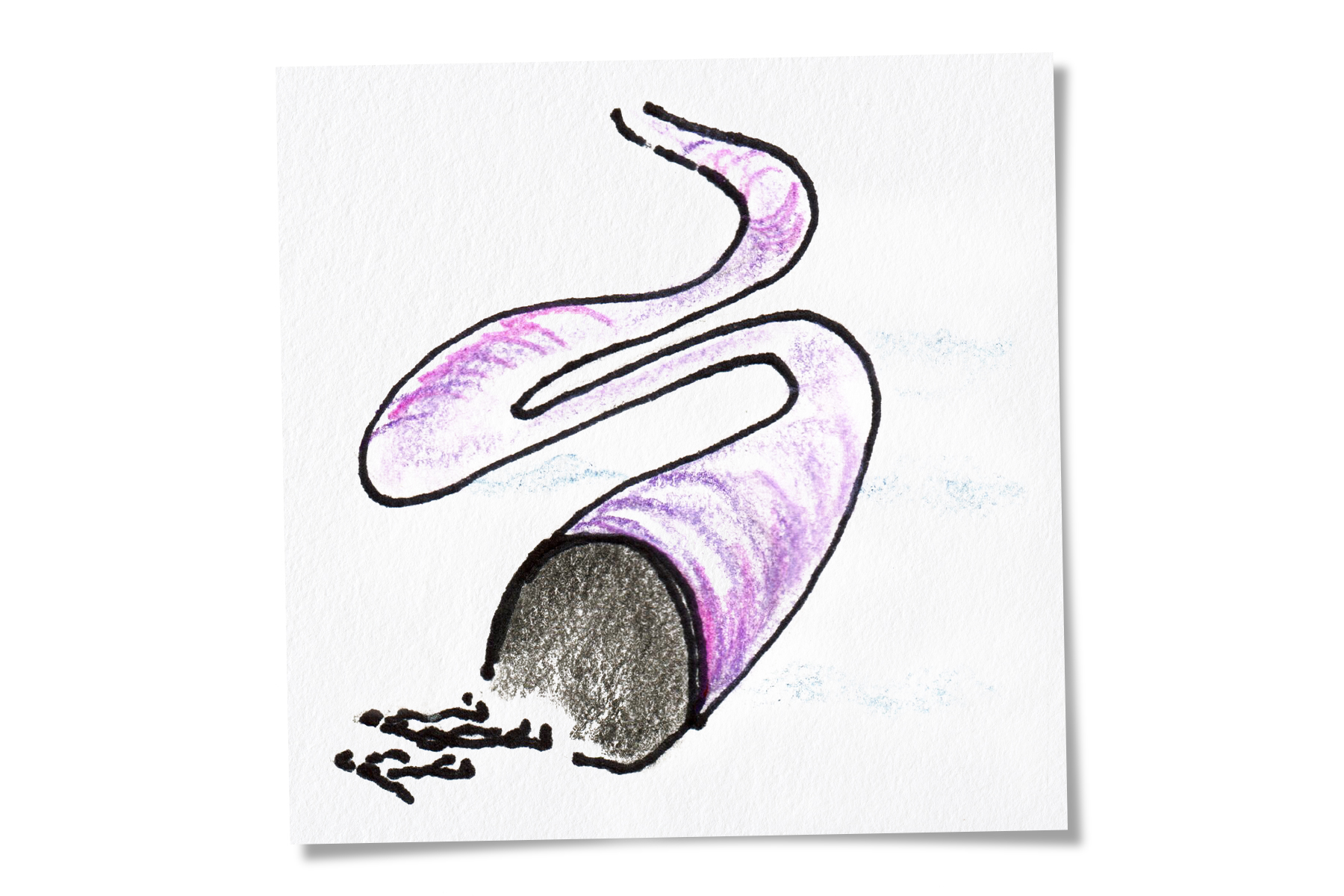The new family was delivered to a solar housing quad in Little Forest Hills on a Tuesday evening, two hours after Cora’s organic family perished in a hyperloop accident under the Rockies. The trip was meant to be a college visit to Los Angeles for Cora’s brother, Dale. When the accident notification from Dallas City Hall pricked her consciousness, Cora felt mostly annoyance. Annoyance at Dale, annoyance at her parents for babying him.
Nostalgia was in, reflected mostly in the cowboy boots and starched Levi’s she saw in Deep Ellum, but that also meant a year-long college simulation in real time on the West Coast for Dale. Cora had been invited on the trip and declined. Too much work to do, up against a deadline. She wasn’t about to hyperloop with them anyway, didn’t like the nausea of an underground sonic bloom that made the pods levitate in low pressure tubes at 600 miles per hour. And: Cora was jealous. She didn’t get to go away for school. She’d stayed home, graduated from Bryan Adams, and downloaded courses to her cortex and within three weeks had a hydrology degree and a civil planning job for the new Mars colony.
Cora looked at the boxes in the living room. She’d blinked at the bar codes earlier to accept delivery. If her father had just signed the simple reanimation forms, they wouldn’t have been shipped home where it would be Cora’s job to boot them up and initiate software transition. Health & Human Coding already had delivery confirmation; if the boxes weren’t opened, there would be a knock at the door resulting in an audit of Cora’s Emotional Levels and a correction to suit. The last time that happened, she didn’t feel like herself for weeks, too much joy and happiness, too much optimism. Cora couldn’t afford another distraction like that.
Cora was flustered and so she thought of work. Work steadied her. As part of the Mars Water Extraction Team, her specialty was hydro-flow through desalination valves, similar to the ones that temporarily solved the U.S. water crisis some 30 years ago, only reengineered for the hard Martian bedrock; it proved tricky the farther down they drilled, something that had only been a fantasy when an underground lake was found near the Martian south pole in 2018, over 100 years ago. But they were making much needed progress. Dallas was mostly dry, scientists estimating another 80 years before the planet became unlivable, in 2136. A mass migration to Mars would take at least as long and there were many things to figure out, water chief among them.
Without water on Mars, what future did humanity have? There would be no organics left, just reboots like her family. Dale didn’t understand such things. He wanted to write for the consciousness streaming studios in Bishop Arts, as flippant and worthless as it sounded to Cora. When they went to Mars, Dale wouldn’t have done a single thing to help humanity get there. To Cora, the kind of indulgent work Dale aspired to was enough to leave him and anyone like him behind. Dale argued people like Cora were the grunts, no different than those who built the pyramids, just rock-movers the same across millennia. It put her levels off to even think about it, so she paid for a dry bubble-bath simulation to unwind, decompress, and think of all that water a mile or so under the Martian crust.
Then there was a knock at the door. Health & Human Coding, confirmed by a cortex scan showing a bio-robotic Dallas city employee dressed in a tan jumper with a nametag that read M. Banner. Cora looked at the unopened boxes and steadied her breathing—metered her pulse—and walked to the foyer and opened the door. Cora stepped aside as Banner let herself in, a mirror image of Cora: a tall young woman with short black hair framing a pale face.
“I see you accepted delivery,” Banner said, approaching the boxes.
“I did,” Cora said, pulling the door closed. “Is there an issue?”
“Nothing to quibble over,” Banner said, and busied herself opening the boxes, rebooting Cora’s family, beaming notes onto a holo-tablet.
Almost immediately Cora felt a sense of lightness overtake her, a sense of gratitude and excitement that her family was home early. She couldn’t say if Banner had scanned her cortex bars to adjust Emotional Levels or if she had been remotely reprogrammed, but she glanced at the 3D food printer in the kitchen next to the coffee gels and got an idea to make a big welcome home dinner, maybe Dale’s favorite: petri dish beef bourguignon garnished with lab mushrooms and a lemon risotto with caramel custard for dessert. And maybe even the unopened synth merlot from Christmas.
“You’re all set,” Banner said, and saw herself out and into the mild Dallas night, where the evening sky was slow with residential air traffic coming in from White Rock and the neon lights of downtown pulsing in the distance. Cora closed the door, lost in thought. Her family was assembled in the living room, making plans for the future, and the future was something Cora could understand, something she could hold in her mind, something she could depend on.
Blake Kimzey is founder and executive director of Writing Workshops Dallas. His fiction has been broadcast on NPR, performed onstage in Los Angeles, and has appeared in Tin House and on McSweeney’s Internet Tendency and VICE.







